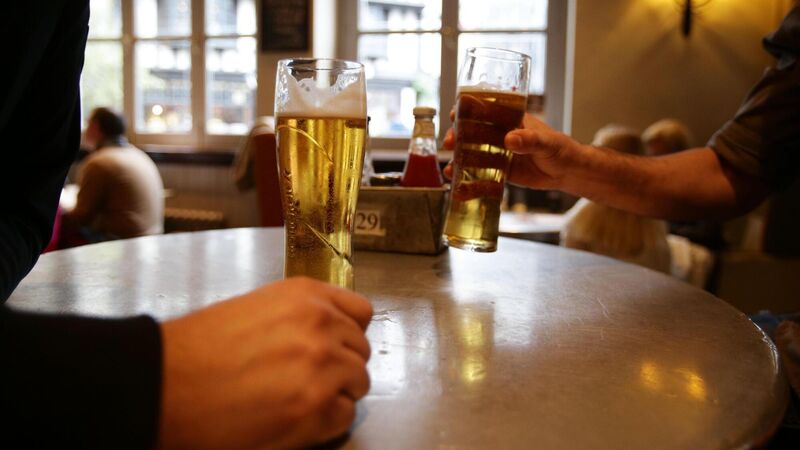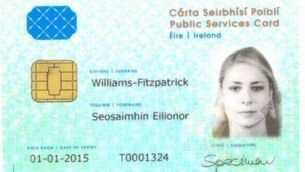Transport chiefs to 're-examine' bus schedules if pub closing times overhauled

Alcohol licences will be allowed for museums and galleries, while pubs will be permitted to stay open for longer and nightclubs allowed to stay open until 6am.
The National Transport Authority has warned it may have to revamp public transport times if the Government goes ahead with plans for later closing hours for pubs.
The NTA has warned, though, that a shortage of drivers will make these changes a challenge.










